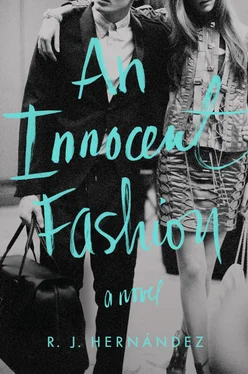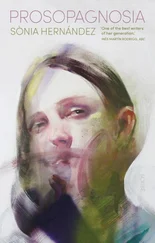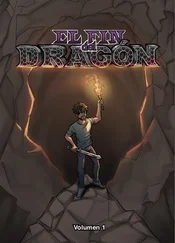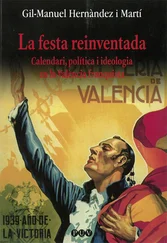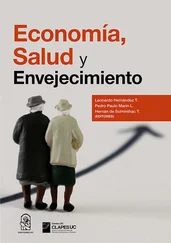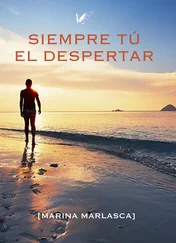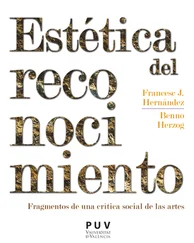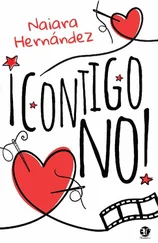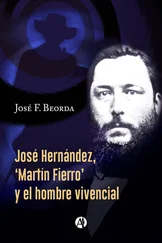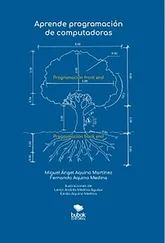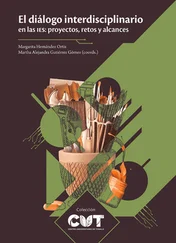What I was scared of — at least, what I think I was scared of — was everything else. I was scared of growing up. I was scared of compromising. I was scared of never living up to the dream I’d had; scared that everything good had ended already, and that I could never get it back. That no song would ever be as good as Pachelbel’s “Canon in D,” no book as good as The Age of Innocence , no taste as good as oysters with Madeline, and nothing at all as good as being high with her and Dorian. Everybody always said first loves are the hardest to get over. My first loves were flowers, and Yale, and the fantastic vision of my future life — what more? I could jump or not — life was already over.
Maybe not life. But the best parts of life — the dream — it was all over.
It had ended several months ago, when Clara had explained to me that, due to the unwritten rules of the world, I must trade my turquoise suit for gray; except what she had really been saying, which only now I understood, was, “ You have been inducted, by no choice of your own, into this world, and to live in it you must sacrifice your joy. ”
The “world,” of course, wasn’t Régine . The world was simply adult life, and there was no escaping it.
I didn’t believe that anyone at Régine , or anywhere, chose unhappiness; they didn’t choose to be cruel or unkind, or to lose their enthusiasm for life. Neither did I truly believe that anyone I’d met that summer was actually a bad person — not George, or Edmund, or even Sabrina. Like everyone else, they had simply signed a contract. They had spaces to fill and boxes to check, and a dotted line to sign every night when they went to bed.
Everyone did — except I didn’t want to. If I agreed to stay in this world, I knew I’d be fighting forever — all the rules, all the nonsense, a system that long before my birth had already been built to contain me. It was a system I had no control over, so much bigger than me or any dream I had.
And even if, like in Madeline’s political dream, we lived to see the system fall — as if it was a concrete structure that had been built around us that we could physically demolish — there was still the biggest system of all, which was time . We could never escape time. Time made us age, and age made us fearful, and in order to feel safe, we built up the very concrete structure that imprisoned us.
I could change my name, and my clothes, and the way I behaved, yet under time’s dark shadow, I would never see the light.
On top of this, I knew that love between me and Madeline and Dorian would die. It had already begun to die, and without it, I wasn’t sure what I would do. How I could possibly live knowing that the people I loved would no longer love me, knowing that life would wedge itself between us? The blindness of youth obliterated for us the differences that adults saw — money, and beauty, and power. Now we were beginning to see too, and soon we would never be the same again.
If I went back home, most likely I’d end up doing nine to five in an office somewhere, with none of my dreams coming to fruition and all of my best years just memories. Sure, there’d be some good things — the laughs I got at the annual company party, the friendly secretary named Pamela, her desk covered with pictures of her labradoodle dressed in bonnets and crocheted mittens. I’d keep sticky tabs full of watercooler jokes on my computer, and I’d meet a lover through a friend of a friend — someone with okay hair, and an okay sense of humor — and we’d have okay sex with the lights off. Maybe I’d go on a few trips, and get married, and who knew? Who cared?
Maybe, compared to death, a mediocre life was somehow “better,” but something told me it just — wasn’t for me. None of it was. I’d heard of people who’d had near-death experiences — a car hit them or something, and later, when they could neither walk nor speak except through a respirator, while everyone was thanking God for saving them, they were rasping through the respirator, “ I just knew it wasn’t my time. I could feel, it wasn’t my time to go ,” like everybody had a “time.” For me, it was the exact opposite.
I thought it must be my time to go.
I hadn’t talked to God since Lola had died, when I had realized that if I didn’t leave Corpus Christi, I would end up just like her. Back then, I had crawled into bed, hands clasped, and prayed, “ Please God, save me from this place. ” Now I bowed my head to the rain, and thought the exact same thing. Please God, save me from this place — this world. I thought it as loud as possible, hoping he could hear me above the New York City traffic.
I wondered if anyone in New York would even notice someone falling from the sky. Most likely they would be running to a meeting, or taking a cigarette break, picking up coffee or dry cleaning or an Alexander McQueen package from FedEx, and they would never notice. I’d get run over by ongoing traffic and cause a couple of taxi drivers to wonder, “ What was that bump? ” while rain pounded on the windshield and I got flattened into nothing. Edmund probably wouldn’t know I’d even been to his apartment until a few months later when he was firing Rosita, and she asked in Spanish, “ Is that why I never saw him again, the boy with the glasses? Did you fire him too? ”
Maybe some people would know instinctually when I died, like a shudder would go through them or something — at least my mom and dad, and Madeline, and Dorian — and years later they would tell the story to someone. My parents to each other, and Madeline to her kids, and Dorian to his own assistant, who worked for him at a big magazine. A story about how I came into their lives and left, bookended by, “ He was a beautiful person — he tried to do beautiful things. ”
And it occurred to me that, after all these years of chasing after it, I didn’t even know what it meant—“beautiful.” I came to the city for as much as I could get, but maybe I just had no idea. I mean, girls in magazines were beautiful, right? That’s what I had always thought, along with operas and sunsets, and certain rinds of fruit when they curled up, but right now — right now I wondered if I’d ever seen a beautiful thing at all.
I opened my eyes and the blurry ground rose up to meet me. I saw the whole ugly city swarming with people like life-sucking bacteria, except now, with the worst of it behind me, it didn’t seem so bad — as though by unfocusing a microscope I had revealed something unexpected.
I took a breath. Maybe it just wasn’t the right time yet. Maybe I should wait another day or two — to fall when the weather was better, when I could turn around and plummet backward with my eyes to the sky and the sun shining on my face. Edmund’s roof would always be here waiting. I could come up here as many times as I needed — every day even, until I was ready.
And what? Prolong it all?
I looked up, and rain rushed into my eyes.
It had to be now.
Except the sky seemed so much closer now than it had ever been before. Five minutes. I’ll do it , I told myself. Just let me stay alive for five more minutes, to look at the sky.
Pushing my hair back against my skull, I lowered myself into a sitting position over the ledge. My feet dangled, I laid back on my elbows and tilted my head up. I gazed at the clouds; let the water pour into my eyes and wash away my vision.
With a tiny shrug of my body, I relaxed, and fell to rest.
R. J. HERNÁNDEZis a writer living in New York City. He was raised in Miami by Cuban-American parents and graduated from Yale University in 2011. This is his first novel.
Читать дальше
